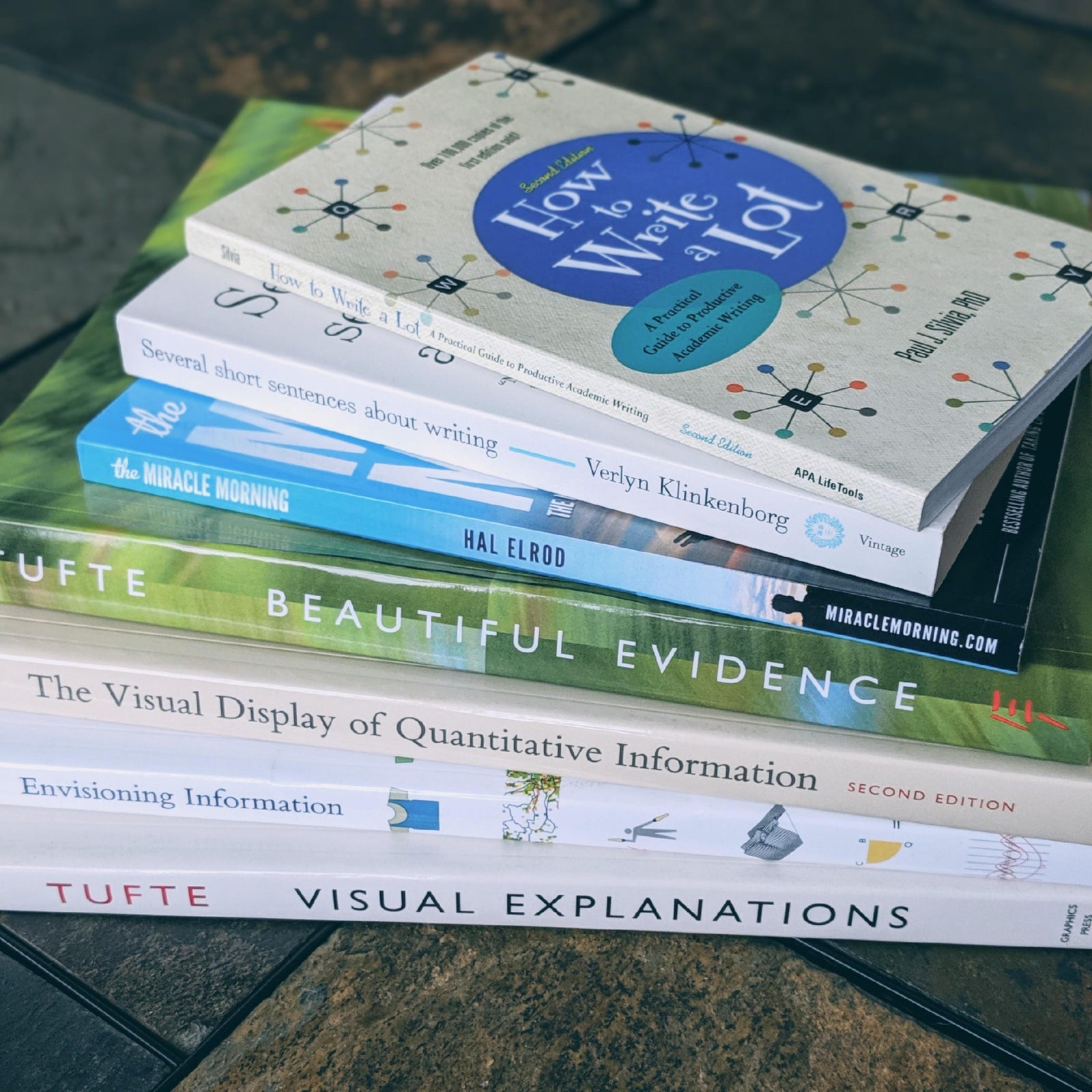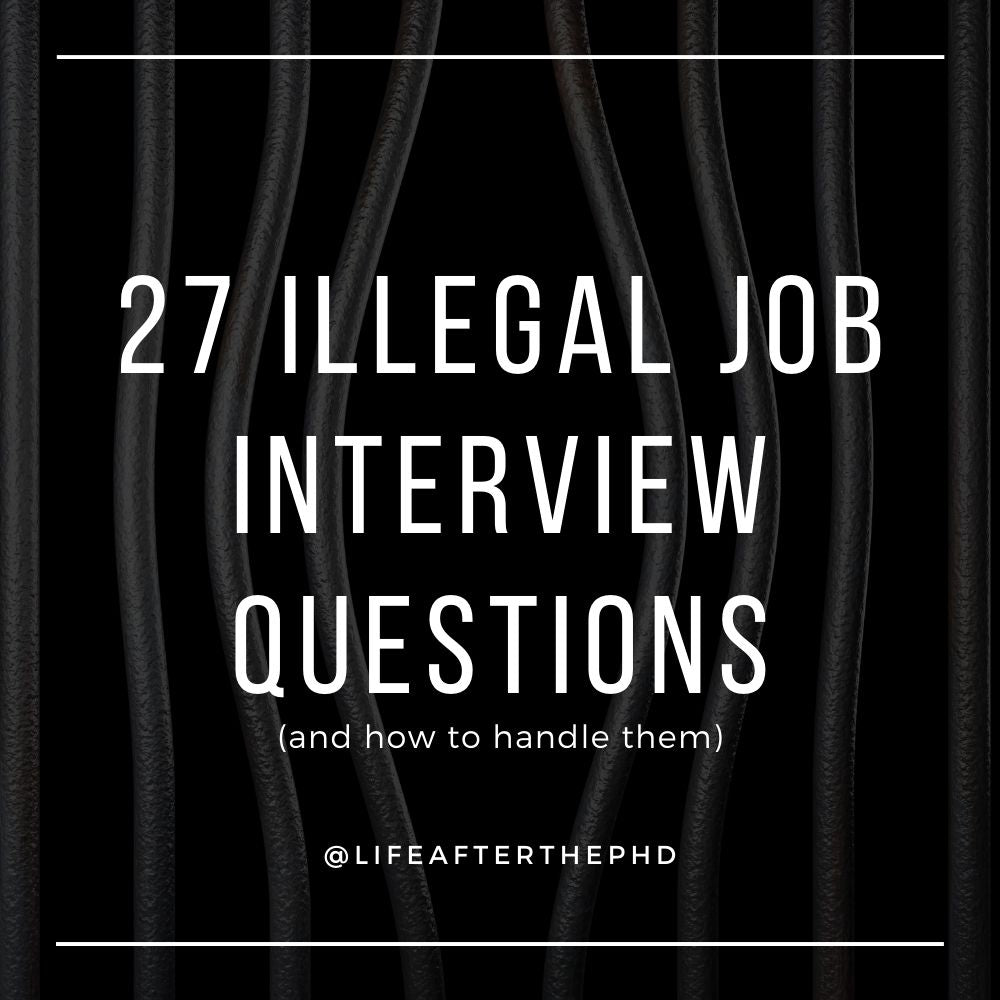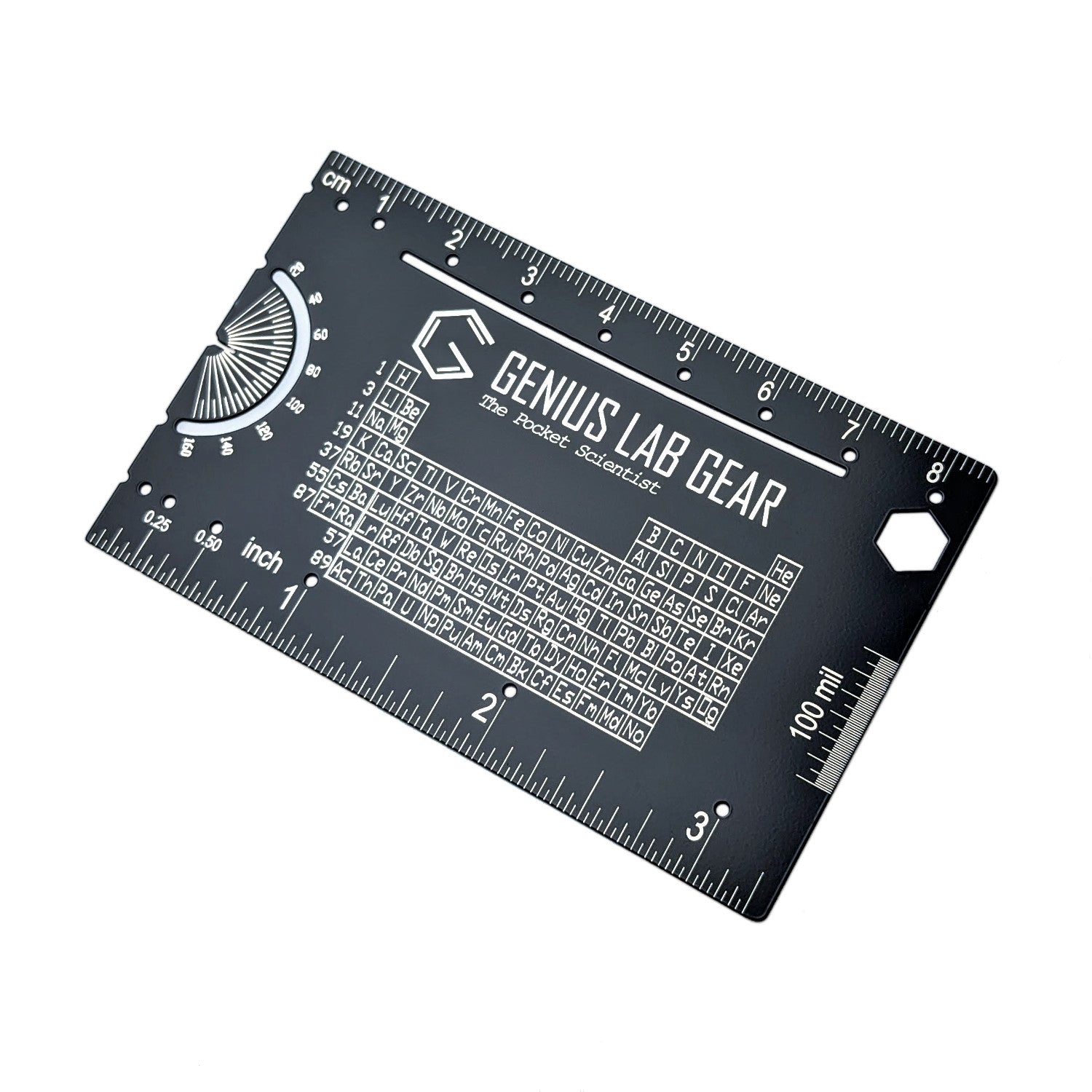Your Cart is Empty
Menu

8 PhD Job Interview Questions: What They Ask vs. What They Mean
3 min read
Interview questions aren't always what they seem. Outsmart the interviewer by studying this list of common questions that are meant to answer a question that isn't directly asked.
How do I know this? I was asked to start helping out with interviewing less than a year after starting my first post-PhD job at a company notorious for having a rigorous interview process. After my 2nd year I became a manager and have been hiring PhD scientists to expand my own research team.
I'm in the unique position of being well-trained in hiring less than 3 years after graduation, which allows me to clearly see both sides of the table.
Keep reading to learn some of the tricks interviewers can play and how best to handle them to improve your chances of getting hired and finding the best career fit for you!
Teamwork
What they ask:
Was there ever a time you felt one of your colleagues or team members was underperforming?
What they mean:
Are you going to throw your teammates under the bus and make excuses for missing deadlines or take responsibility and get it done?
How to answer:
Give a real example and explain how you handled it professionally without blaming or excuses.
Family
What they ask:
Are you familiar with the area at all?
What they mean:
Do you have any family or significant other ties to this location that will make you desperate to take whatever they offer you?
How to answer:
Answer honestly without giving away unnecessary details about your personal life that could limit your leverage in salary negotiations.
Conciseness
What they ask:
Can you take a couple minutes and explain your research?
What they mean:
Can you concisely deliver information or are you going to talk in circles and ramble on with wordy answers that wastes everyone’s time?
How to answer:
Use a well-rehearsed elevator speech to hierarchically describe the problem, the ideal solution and the methods you’ve used to approach it. Start big picture and work down to the details.
Mistakes
What they ask:
What was the worst thing you ever screwed up in your position that cost a lot of time or money?
What they mean:
Do you recognize your own faults and take responsibility for mistakes or do you believe you can do nothing wrong?
How to answer:
Describe a real example with honesty and admission of fault where appropriate. End with what you did to make up for the failure and corrective actions to ensure it didn’t happen again.
Communication
What they ask:
Tell us about a time you solved a problem and your methodology for solving it.
What they mean:
Can you keep a narrow question as a narrow answer without explaining your entire thesis?
How to answer:
Describe a real example of what went wrong, your thought process upon discovering it and how you carried out a solution. End your answer when you’ve addressed their question. Keep it <4 minutes.
Preparedness
What they ask:
Why did you decide to apply to this position?
What they mean:
Have you done any research at all about our company or the position before this interview?
How to answer:
Tell them what excites you about the company and the job description, adding why you think your skills and personality make you a great fit. Avoid mentioning the geographic location, salary, benefits or personal financial situation.
Fit
What they ask:
What is your ideal day-to-day work environment?
What they mean:
Are you willing to do active hands-on work or do you prefer to be sitting at a computer all day?
How to answer:
The right answer is being honest to make sure you’re a good fit for the role they have in mind.
Motivation
What they ask:
How did your PI/advisor guide your group’s research? Did that work well for you?
What they mean:
Did your professor micromanage your tasks or set you loose with a big goal? Do you constantly need told what to do or are you self-sufficient and self-motivated?
How to answer:
Be honest about your advisor’s style (it will come up in reference calls) and describe how you succeeded either because of or in spite of that style. Show that you had independent ideas and goals to guide your own research even if you weren’t allowed to execute on them.
Illegal Questions
Did you know there are several illegal questions that employers often ask anyway? Read the post 27 ILLEGAL Interview Questions Managers Still Ask (and how to answer them).
Subscribe below for alerts when new blogs are published!
Also in Life after the PhD - Finishing grad school and what's on the other side

11 books to help get you through grad school (in 2024)
11 min read
Think you only have time to read text books in grad school? That’s what I thought too. You have more time than you think. Your future self will tell you so (trust me). The 5-15 hours and $8-$35 it will take you to read any of these books will pay itself back in time and earnings many-fold throughout your student life and in your first job offer after graduation. Invest in yourself and reap the benefits later.

How to read scientific papers quickly (and effectively organize them for a literature review)
10 min read
It can seem like an impossible task: tediously reading dry academic research articles, following citations in never-ending circles to somehow come away with a structured literature review of the field. Two papers down and you’re already falling asleep. It’s a deeply unsettling feeling of hopelessness that I once felt as well. Here's what I did to overcome it.

27 ILLEGAL Interview Questions to Know Before Your PhD Job Interview
5 min read
This list gives 27 common questions that interviewers should know are illegal to ask. We want you to know which questions are illegal so you can handle them appropriately.
Recent Articles
- 11 books to help get you through grad school (in 2024)
- How to read scientific papers quickly (and effectively organize them for a literature review)
- 8 PhD Job Interview Questions: What They Ask vs. What They Mean
- 27 ILLEGAL Interview Questions to Know Before Your PhD Job Interview
- How I negotiated for an extra week (and a half!) of vacation at my first post-PhD research job
- How to kill it at your next conference
- Why I left academia in search of self-development
- Common pitfalls of PhD thesis writing and 17 tips to avoid them
STEM Gift Lists
Stay up to date
Drop your email to receive new product launches, subscriber-only discounts and helpful new STEM resources.
The Pocket Scientist - Scientific Ruler and Reference
gifts-for-professors-and-grad-school-pisgifts-for-scientists-and-engineersbest-sellers-gifts-gear-and-art-for-scientists-and-engineersunique-gifts-for-graduate-and-phd-studentslab-gearstem-pocket-tools
The Pocket Scientist - Scientific Ruler and Reference
$12.50
The Pocket Scientist - Scientific Ruler and Reference
$12.50
The Pocket Engineer - Wallet Ruler and Conversion Reference
gifts-for-professors-and-grad-school-pisgifts-for-scientists-and-engineersbest-sellers-gifts-gear-and-art-for-scientists-and-engineersunique-gifts-for-engineersunique-gifts-for-graduate-and-phd-studentslab-gearstem-pocket-tools
The Pocket Engineer - Wallet Ruler and Conversion Reference
$12.50
The Pocket Engineer - Wallet Ruler and Conversion Reference
$12.50
The Pocket Chemist - Organic Chemistry Stencil
gifts-for-professors-and-grad-school-pisgifts-for-scientists-and-engineersbest-sellers-gifts-gear-and-art-for-scientists-and-engineersunique-gifts-for-chemists-and-chemistry-studentsunique-gifts-for-graduate-and-phd-studentslab-gearstem-pocket-tools
The Pocket Chemist - Organic Chemistry Stencil from
$12.50
$25.00
The Pocket Chemist - Organic Chemistry Stencil from
$12.50
$25.00
Engineering is for Everyone Sticker
gifts-for-professors-and-grad-school-pisgifts-for-scientists-and-engineersunique-gifts-for-engineersunique-gifts-for-graduate-and-phd-studentsscience-stickers-for-laptops-thermos-notebooks-or-bumpersscience-engineering-pride-lgbtq-stickers-apparel
Engineering is for Everyone Sticker
$5.00
Engineering is for Everyone Sticker
$5.00
Stay Curie-ous Marie Curie Silhouette Sticker
gifts-for-professors-and-grad-school-pisgifts-for-scientists-and-engineersbest-sellers-gifts-gear-and-art-for-scientists-and-engineersunique-gifts-for-chemists-and-chemistry-studentsunique-gifts-for-graduate-and-phd-studentsscience-stickers-for-laptops-thermos-notebooks-or-bumpers
Stay Curie-ous Marie Curie Silhouette Sticker
$4.75
Stay Curie-ous Marie Curie Silhouette Sticker
$4.75
World's OKAYEST Professor - Ceramic Coffee Mug
gifts-for-professors-and-grad-school-pisgifts-for-scientists-and-engineersunique-gifts-for-chemists-and-chemistry-studentsunique-gifts-for-graduate-and-phd-students
World's OKAYEST Professor - Ceramic Coffee Mug from
$16.50
World's OKAYEST Professor - Ceramic Coffee Mug from
$16.50
PhD Student and Post-Doc Gift Bundle
gifts-for-professors-and-grad-school-pisgifts-for-scientists-and-engineersunique-gifts-for-graduate-and-phd-studentsstem-gift-bundles
PhD Student and Post-Doc Gift Bundle
$44.50
$62.60
PhD Student and Post-Doc Gift Bundle
$44.50
$62.60
Science is for Everyone - Canvas Wrap Print
gifts-for-professors-and-grad-school-pisscience-and-laboratory-wall-artscience-engineering-pride-lgbtq-stickers-apparel
Science is for Everyone - Canvas Wrap Print from
$24.50
Science is for Everyone - Canvas Wrap Print from
$24.50
Carbon-neutral shipping on all orders
Subscribe
Sign up to get the latest on sales, new releases and more …






















